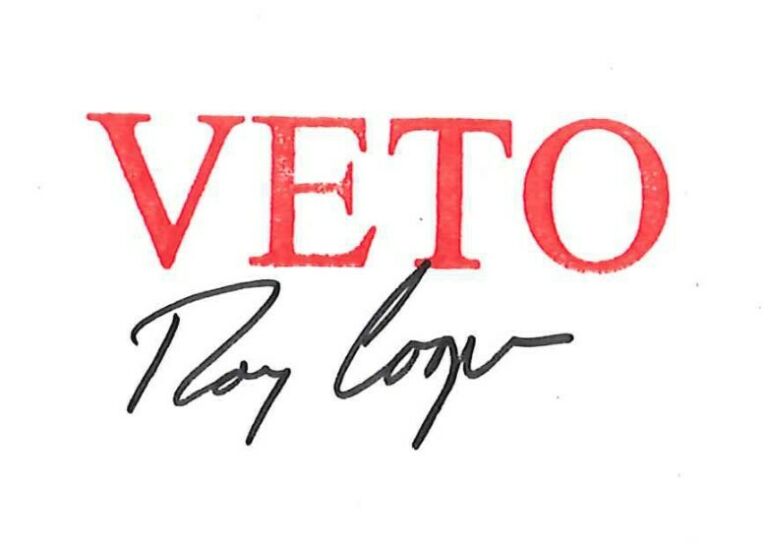“First prize is a Cadillac Eldorado,” says Alec Baldwin about the twist to the monthly real estate sales contest in the film version of David Mamet’s Glengarry Glen Ross. “Second prize is a set of steak knives. Third prize is you’re fired.” Desperate salesmen resort to threats, lies, bribes, and even thievery to save their jobs.
Metrics clearly have a downside, and not just in fiction. When tied to rewards and punishments, metrics can lead people to focus on reaching the number instead of doing the work. It has been a decade since what Education Week calls “the largest K-12 school cheating scandal in U.S. history” shook Atlanta Public Schools, resulting in racketeering convictions for 11 former teachers and principals who rigged tests. Earlier this year, it came to light that every high school in Washington, D.C., to boost their graduation rates, gave diplomas to a total of more than 900 students who did not earn them.
Closer to home, 3,100 students took courses at the University of North Carolina between 1993 and 2011 where they could receive As or Bs even without showing up to class. The scandal threatened all university athletics and even accreditation, though no actions were taken against the school.
Even without questionable courses, students across higher education benefit from grade inflation. It is good preparation for work after school. State Auditor Beth Wood told CJ Radio in 2014,
We’ve looked at the performance evaluation system in the state of North Carolina. We have about 88,000 employees now, and we find that performance evaluations are not being done fairly and accurately. And when I say fairly — we have about 81 percent of our state employees who are getting “exceeds expectations” and “outstanding.” In the for-profit world, that percentage is about 28 to 32 percent. So we don’t pay the highest salaries, we don’t pay the best salaries, and yet we are that much better than the for-profit world? So that really doesn’t make sense.
For-profit businesses also question the value of reviews, and reports of the annual review’s uselessness and impending death throughout industry are almost as common as those excellent ratings.
Economic historian Jerry Muller, a professor at Catholic University, does not touch on these specific cases but provides numerous other examples of what he calls “metrics fixation” from education, medicine, the military, police, and business in his new book The Tyranny of Metrics. Muller concludes with a checklist to help determine when metrics are appropriate and what metrics to use. He writes,
Measurement instruments, such as tests, are invaluable, but they are most useful for internal analysis by practitioners rather than for external evaluation by public audiences who may fail to understand their limits. Such measurement can be used to inform practitioners of their performance relative to their peers, offering recognition to those who have excelled and offering assistance to those who have fallen behind.
This is how we sought to use agency measures when I was leading the NC Government Efficiency and Reform initiative—as the start of a conversation, not the final word. Budget time is not the best time to try that. Budget directors in one or two states I spoke to claimed to have had success, but agencies are more likely to emphasize how the demand or lack of demand for their service means they need more money.
Last year, projections of state spending drew headlines because it showed service levels set in the current budget would result in deficits over the next five years. It is good for legislators to know so they can find ways to increase revenue or reduce spending to achieve constitutionally mandated balanced budgets each year. Once a report like that is leaked to the press, however, it gets distorted to focus only on the lack of funding.
The choice is not between Oprah Winfrey’s “you all get a car” and Mamet’s “everybody gets fired.” Judgment, wisdom, and discernment are essential to establishing the right metrics then appropriately applying, interpreting, and acting on them. The state that is a vale of humility between two mountains of conceit should be able to do this.


